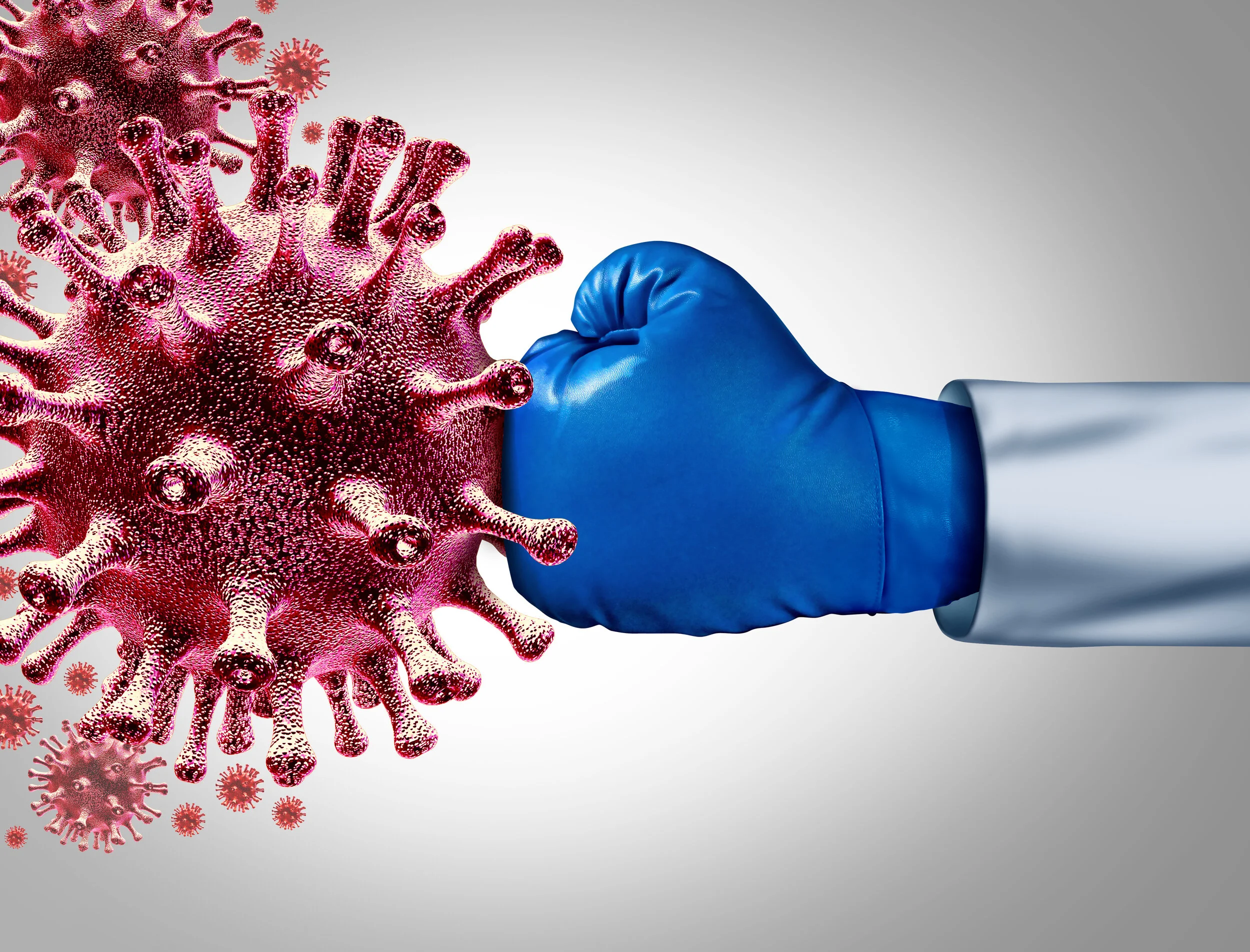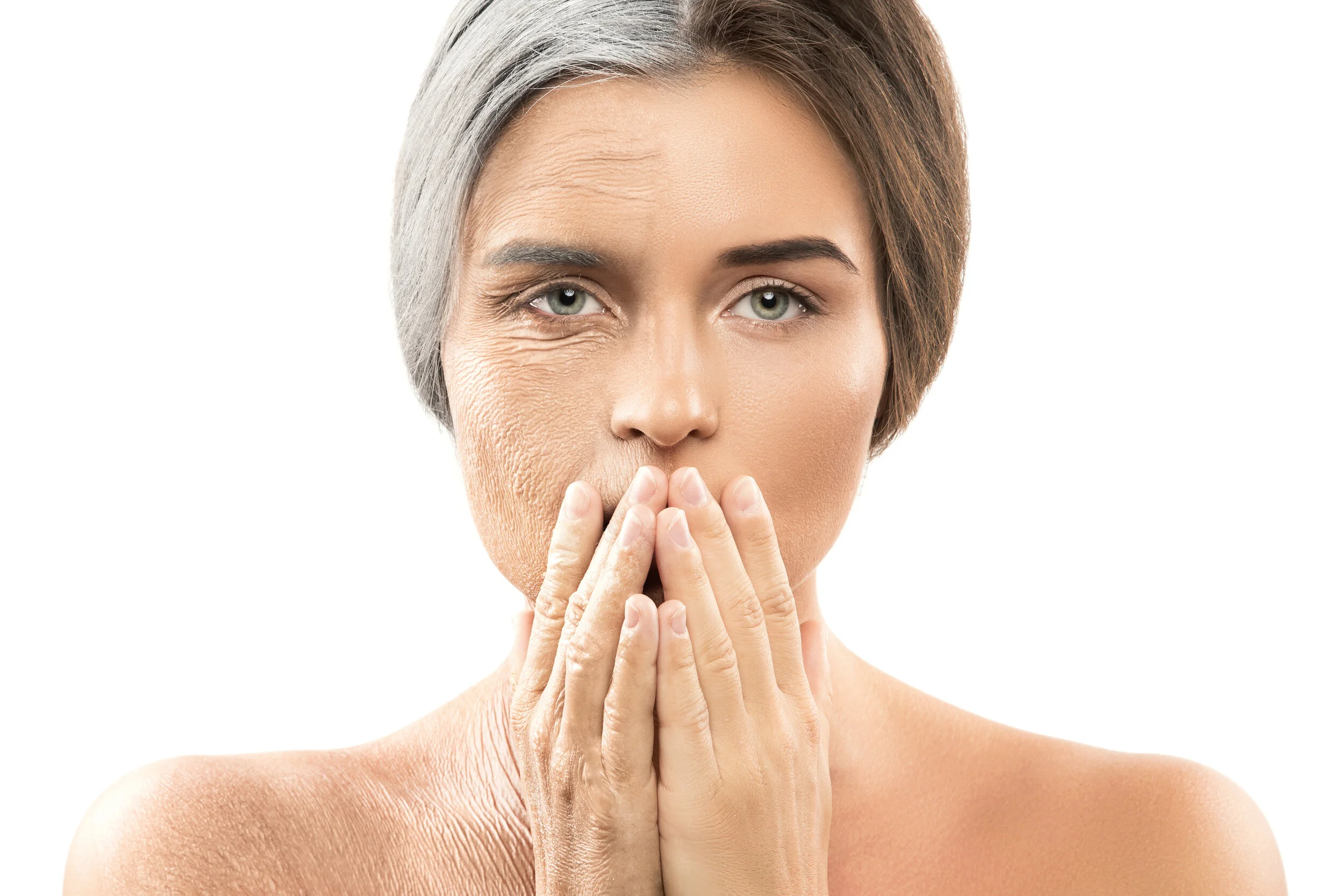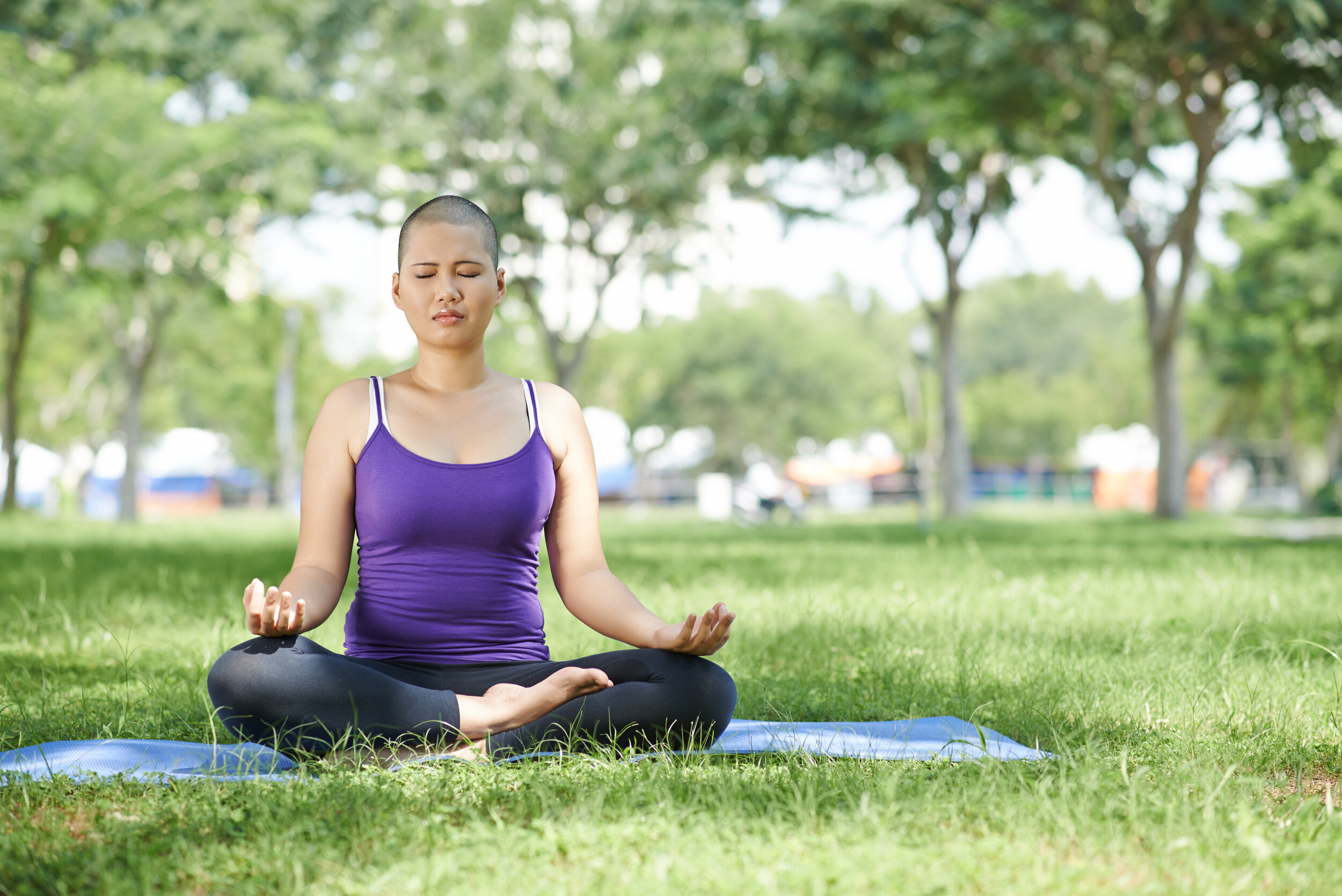Every year more than an estimated 1.8 million people in the US are diagnosed with cancer. Cancer always takes its toll on patients’ looks, not necessarily in the form of the disease itself but in the side-effects of treatment. “It is vital for people to know that there are various things that they can do to fight these side effects,” says Dr. Singhal.
Read MoreWhen the body is challenged by various pathogens, the inherent immune system initiates a series of actions to recognize the specific molecules and uprise a defense against the intruders. When it comes to cancer immunotherapy, much of the focus has been on the adaptive immune system, especially the T cell that is able to precisely target and eradicate tumor cells. This is why it’s so important to raise awareness of immunotherapy.
Read MoreHealth insurance is a contract. Protection policies are partly ruled by contract law. Patient or their business accepts to pay a set premium, partake in cost-sharing, such as salary write-offs, co-pays, and deductibles, and regard the contract guidelines. The Patient Protection and Affordable Care Act is a law about health care. Colloquially people call it “health care reform” or the "ACA." This law passed in March 2010, and it replaced several health insurance rules in the United States.
Read MoreGood nutrition is particularly relevant for people with cancer. As cancer patients start to feel better, they may have questions about eating a better diet. While it may be attractive to improve your diet with a host of vitamin and mineral supplements, oppose that urge.
Read MoreA diagnosis of cancer affects very seriously and directly not just the patient but also their family, friends, and community of the individual. When a cancer patient receives the cancer diagnosis, daily habits may change for everyone around them. Family caregivers often feel overwhelmed with the added responsibilities and tasks they have to pick up.
Read MoreWhile radiation therapy itself does not hurt, there can be short-term side effects to fight with, which can affect your hair, skin, sleep, appetite, and sentiments. Men have their own, at times distinct sets of side-effects to deal with.
Read MoreRadiation therapy plays an important role in treating cancer. Like medications, radiation therapy can also cause possible side effects. Some of these side effects happen on the skin. Moisturizing is very important. Dr. Shyamali Singhal recommends hydrating products.
Postponed aging is now a reality. There has been new progress in science and research. Recent research has shown that there is a vast difference between chronological age, how old you are in calendar years, and biological age, how old your body appears to be at the cellular level.
Some cancer treatments, like chemotherapy or radiation, can cause skin problems as a side-effect. Symptoms include itchiness, dry skin, rashes, and generally irritated skin. There are a number of ways to remedy these issues, and sooth the skin. Here are some skin-care products to help cancer patients tackle these cancer therapy side-effects.
Read MoreMeditation has an undeserved funny reputation when it comes to aiding cancer patients' recovery. Mindful meditation can help cancer patients endure at times stressful cancer therapy and improve their overall health.
Cancer is the ultimate wake-up call. Not only that the patient's body is sick, but their spirit as well. Dr. Shyamali Singhal knows that a diagnosis of cancer is devastating, but it can also be an enormous opportunity to achieve true healing.
Meeting new partners can be a challenge, even for people who are in perfect health. This is much harder for cancer patients, who are trying to balance dating and demanding therapy schedules.
Depending on the type of cancer that’s diagnosed to a specific cancer patient, treatment plan and the sort of work a patient does, maintaining a current work schedule and productivity level can be demanding, to say the least.
Read MoreCancer and cancer treatment, some sorts of chemotherapy in particular, can cause hair-loss in cancer patients. Hair can also become brittle, dry and damaged as a reaction to harsh chemicals.
Read MoreRadiation sometimes causes the skin to become red, painful and irritated at the point of treatment. This condition is called radiation dermatitis or radiation burn, and it occurs to some degree in almost all people undergoing radiotherapy.
Read MoreComplementary therapies also aid in cancer patient rejuvenation.
Read MoreTargeted cancer therapy drugs sometimes have side effects. Symptoms are various, from rashes and even blisters, with skin feeling sunburned and itchy, to fragile and weak nails and hair loss. Relieving those side effects can aid cancer patients recovery after the treatment. Dr. Singhal, Oncologist, recommends using Chemo Companions skin, nail and hair care products, to ease the unpleasant symptoms.
Read More

















